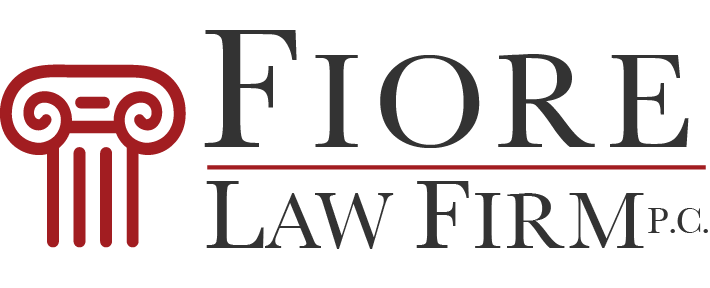Who will receive your assets when you’re gone?
It’s a fact of life that everyone passes, and when you’re gone from this world, someone is going to get your assets. Without any estate planning documents in place, the court will decide who will receive your assets. Some (or perhaps all) of these beneficiaries may not be who you wanted to have your assets. With proper estate planning, your assets will go according to your wishes. If you have a lot of assets to distribute when you’re gone, coming up with an estate plan that takes care of your loved ones financially can be quite complicated.
What documents make up an estate plan?
The elements of an estate plan consist of the following legally binding documents:
- Will – A public document that states what assets the beneficiaries will receive when the creator of the will (the testator) dies. This document goes into in effect after the testator dies and has to go through probate.
- Trust – Like a Will, this document states what assets the beneficiaries will receive when the creator of the trust (the grantor) dies. Unlike a will, this document is not public, does not go through probate, and goes into effect as soon as it’s signed and funded. In addition to bypassing probate, some trusts may not be subject to estate tax and some have protection from Medicaid.
- Power of Attorney (POA) – A POA is a document in which another person (the attorney-in-fact) is given authority to make financial decisions on behalf of the creator of the POA (the principal). A durable POA goes into effect as soon as it’s signed, remains in force when the principal becomes incapacitated, and ends when the principal dies.
- Health Care Proxy – Also known as a health care power of attorney, this document functions like a power of attorney but pertains to medical decisions. There can be some financial and medical overlap between a power of attorney and health care proxy.
- Beneficiary Designations – These designations are made in the account holder’s life insurance policy, savings account, retirement account, etc. When the account holder dies, these assets are transferred to the designated beneficiaries. If no beneficiaries are designated, then account holder’s assets will go through probate.
This is a very general breakdown of an estate plan. Estate planning is quite complex. There are different types of each of these documents. Not to mention, there are specific New York laws pertaining to these documents. Do you need a will and a trust? Do you need to specify the same beneficiaries in your asset accounts as in your will? Should you appoint the same person to be your power of attorney and health care proxy? Our experienced estate planning attorney can help you answer these questions.
Avoid the Probate Process and Minimize Estate Taxes
Probate can be a long process that could take years to finish and could be avoided with the right estate plan where, for example, trusts are set up or payable on-death designations are made.
In addition to having to deal with probate, there may be estates taxes which will decrease the inheritance amount of your beneficiaries. In New York, estate taxes are due within nine months of your death (source). A properly created estate plan can minimize your tax liability.
Estate Planning Client Testimonials*
“Marguerite Fiore is both professional and kind. It was a true pleasure to have her represent us in dealing with the estate of my mother. I cannot say enough good things about the firm, or Marguerite personally. I am forever grateful.”
Ellen T.
“My husband and I were looking for an attorney to update our Will and make a Trust. We were very fortunate to have a friend who recommended Marguerite Fiore. Later, we needed a lawyer to sell our house and we called Marguerite Fiore again. She went above and beyond in the selling of our old home and the buying of our new home.
I certainly would recommend her to anyone who needs an attorney. I am very satisfied with everything she has done for me and my husband. She is such a caring person and I feel very comfortable with her. Her office staff is always very pleasant and helpful.”
Corinne and George
